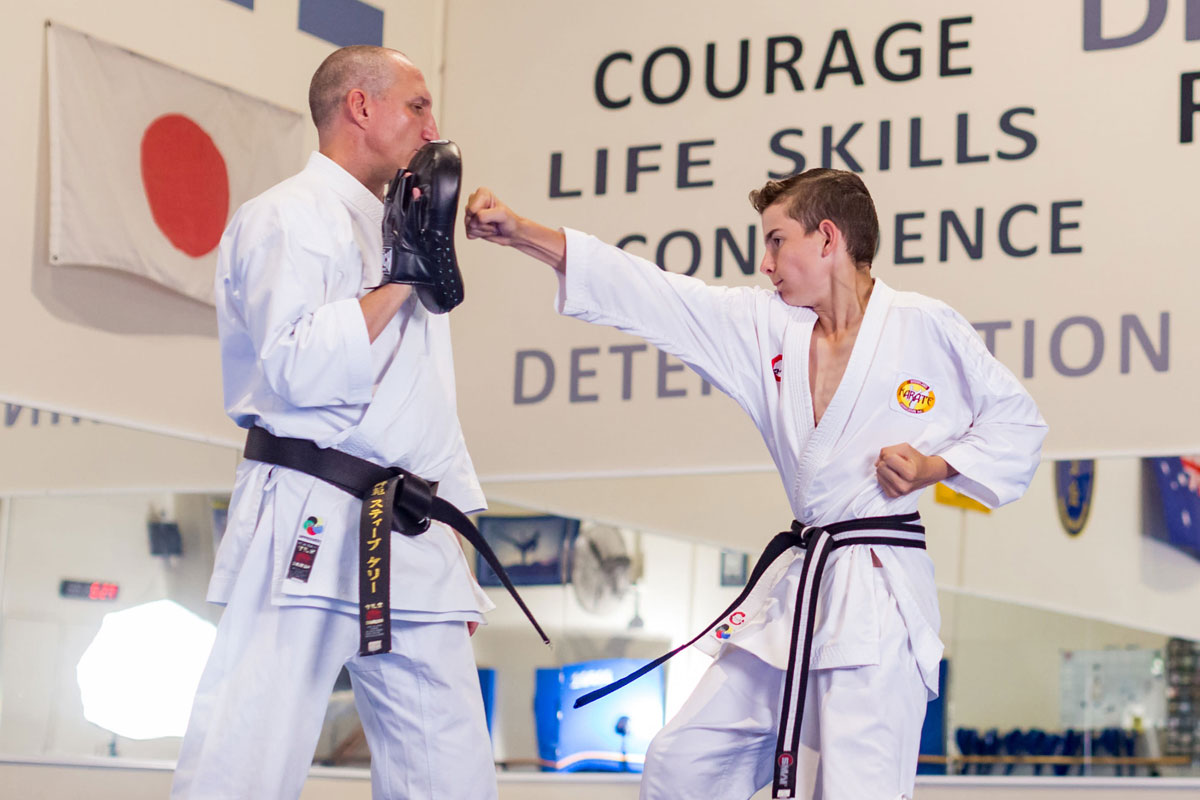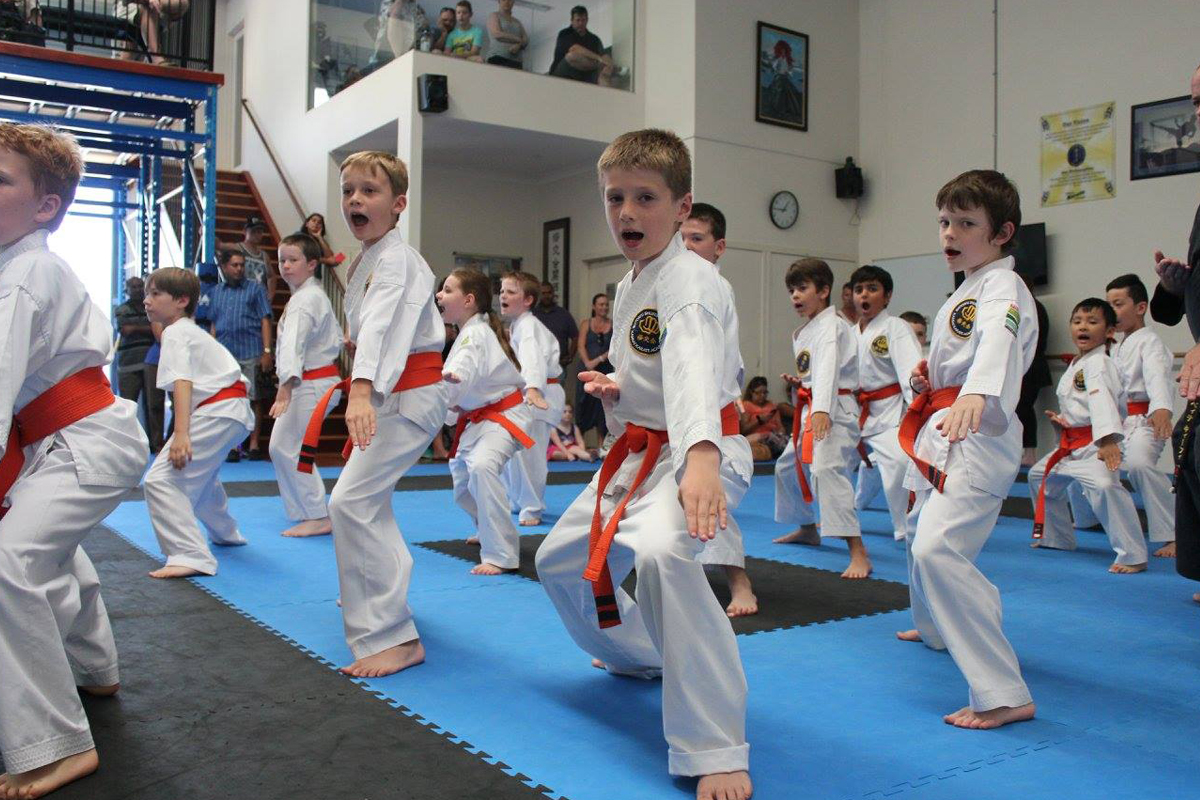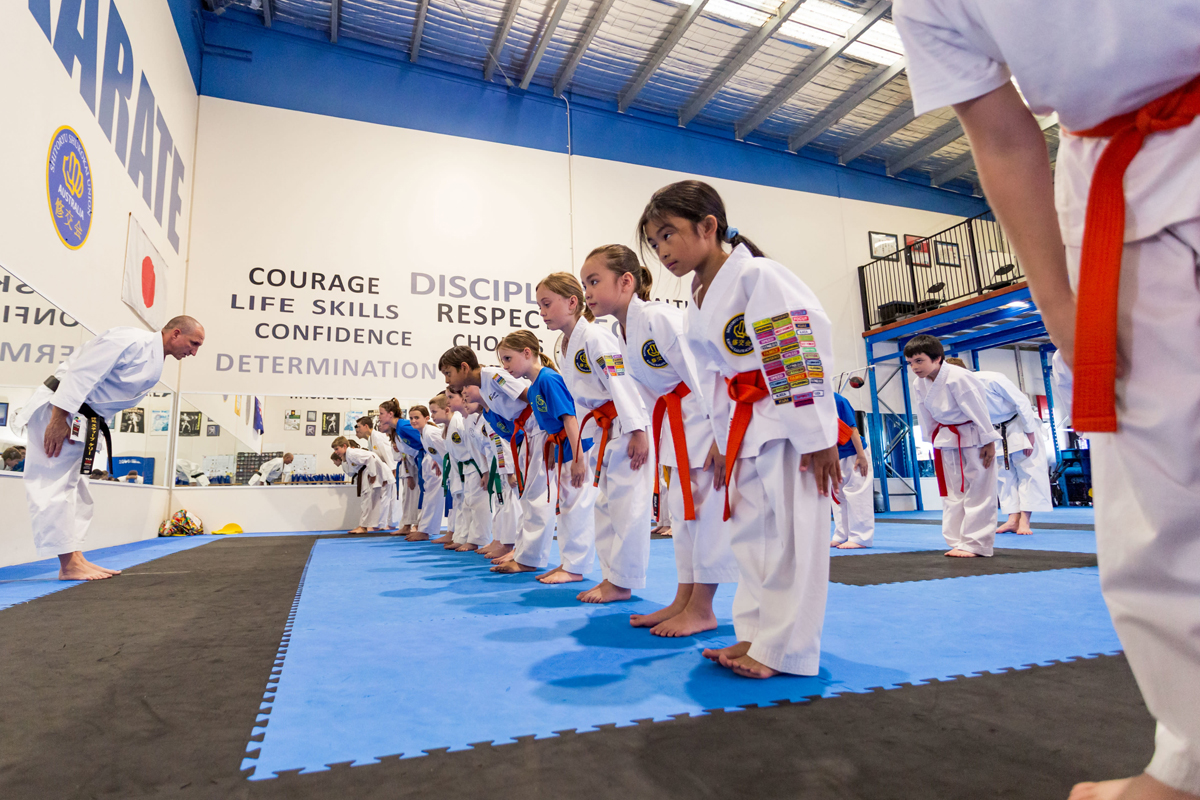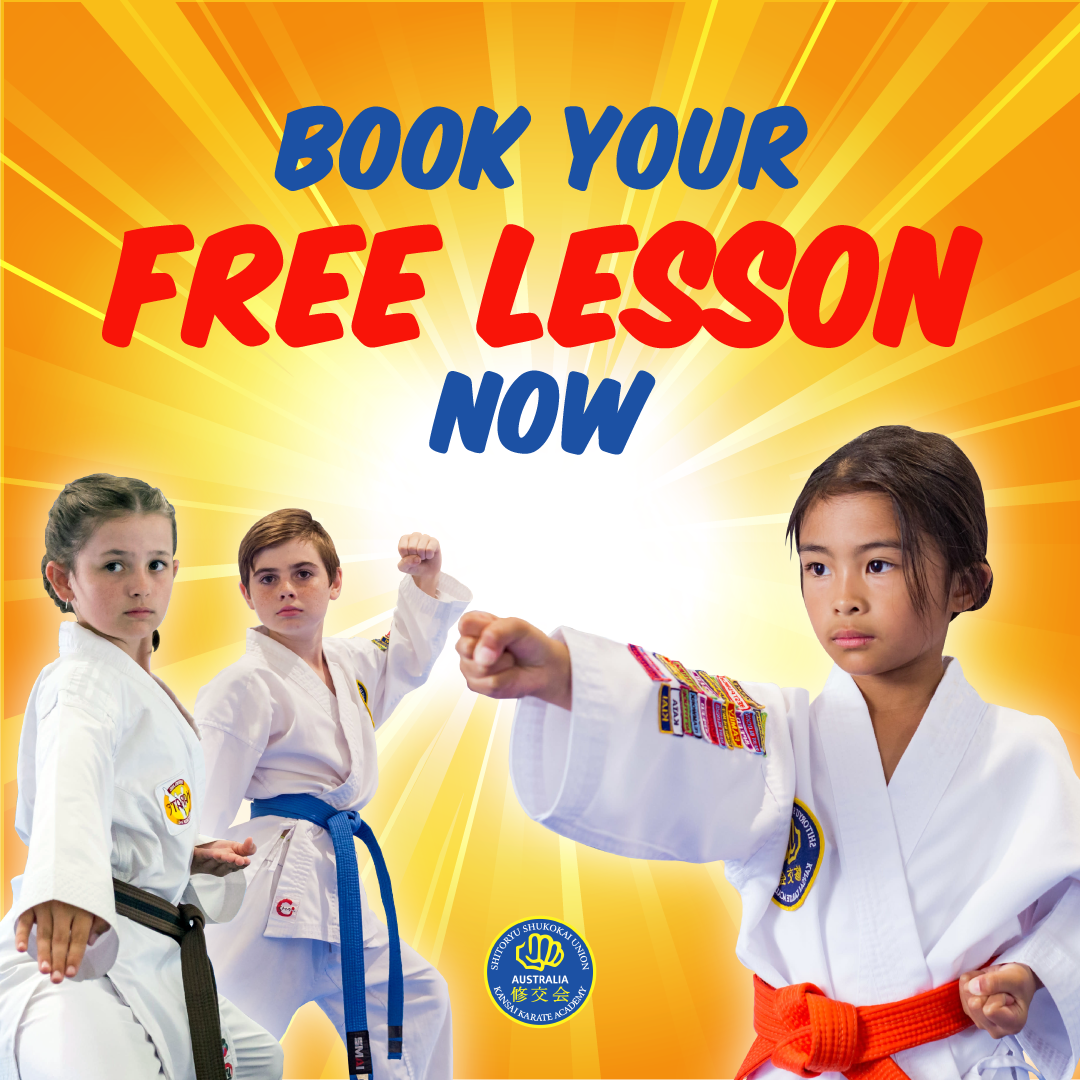In this day and age, when culture tends to glorify violence in everything from music to video games and television shows, enrolling your child in karate classes does not always appear to be a brilliant choice. While Karate-focused activity videos look to be constrained to the edge with gruff direct and huge wounds, you will be astounded to discover that karate sessions are just quite useful to children. Children’s karate classes in Brisbane, like so many other subjects that Hollywood doesn’t always get right, aren’t quite the cruel, horrifying leisure activity that it appears to be.
Let’s look into why you chose to enroll your child in Karate classes.
1. Physical Fitness
Actual health is an important component of a child’s total development. Karate helps children acquire coordination, balance, and development skills at a young age. Karate helps children gain the strength and adaptability they need as they grow into healthy young adults.
2. Self-control
Restraint is one of the principles of many different types of karate. Children today are so used to gaining instant gratification that examples of poise and discipline are often difficult to come by. Those who have a karate background are constantly reminded of the importance of self-control.
3. Survival instincts
Karate is, first and foremost, a self-defense mechanism, and both children and adults can benefit from the capacity to protect themselves and their loved ones. Furthermore, knowing they can protect themselves instills a strong sense of confidence in children and improves their ability to avoid harmful situations in general.
4. Friendship
Karate lessons are sociable and intuitive, and students come from a variety of backgrounds. It aids in the development of kinships and interactive abilities, supporting your child in learning collaboration, sharing, and constructive social communication.
5. Confidence
Achievements in any hobby instill great vanity and trust in youngsters, and karate is designed to provide limitless opportunity for kids to succeed. Karate is the primary assurance support for children, from the shaded belts that researchers obtain to the scholastic and substantial limits that they must cross sooner or later in their preparation.
6. Competition
Karate emphasises competition with others as well as competition with oneself. Karate, unlike many other group activities, does not have “seat time.” Each child is expected to try their best, and the main test an understudy is advised to draw is with themselves—would they say they are better than they were yesterday?
7. Approach to life
Karate may be more than a simple hobby, providing a way of presenting that can be read up on for a lifetime. It demonstrates individual characteristics and a code of conduct that developed as a child can last forever.
8. Location
A sense of belonging is critical for children’s academic and social well-being. When young people go about the karate dojo, they are entering a strong and extensive subculture in which understudies are encouraged to root for and support one another.
9. Ongoing Learning
One of the most appealing aspects of karate is that no one, regardless of age or rank, is ever finished learning. There is more to learn, more techniques to implement, and a degree to seek. When youngsters are introduced to this way of thinking, it integrates into numerous areas of their lives and gives significant areas of strength for an ethic, an empowering interest, and a desire to improve.
10. Entertainment
Children’s karate classes are a lot of fun since kids can have a good time and then go on to the next class.





